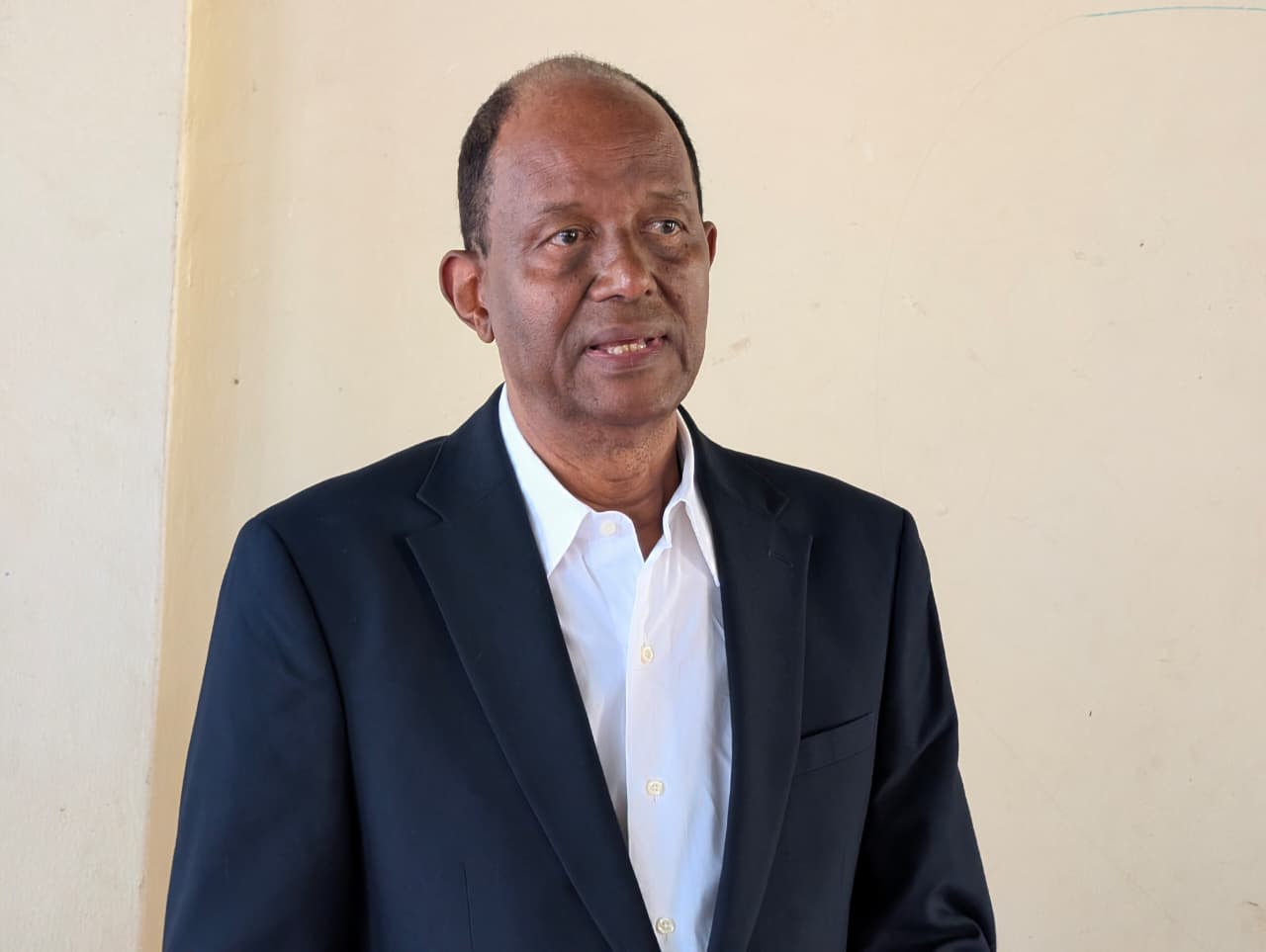Audit exposes Sh229 million in unaccounted imprests across 12 counties

Beyond imprests, the Auditor General noted several governance gaps that affect the accuracy, completeness, and reliability of county financial statements.
Auditor General Nancy Gathungu has revealed that 12 counties have failed to account for imprests totalling Sh229.4 million in the 2023/2024 financial year.
Her report indicates that some officers held multiple imprests, contrary to the Public Finance Management (County Governments) Regulations, 2015.
More To Read
- State agencies, counties owe Kenya Power Sh4.67 billion in unpaid bills - Auditor General
- Top schools flagged for illegal fees and uniform procurement in Auditor General’s report
- Treasury under fire for using Sh2.67 trillion in domestic loans on recurrent spending
- Auditor General calls for penalties on officers who ignore audit recommendations
- Auditor General Nancy Gathungu warns of pension losses as government delays remittances
- Revenue gaps, budget misalignments hurting service delivery, warns Auditor General
Regulation 93(5) requires that temporary imprests be returned or accounted for within seven working days after the officer resumes duty.
Additionally, Regulation 93(8) prohibits issuing new imprests before the previous ones are fully surrendered or recovered from the officer’s salary.
The audit further found that Sh28.6 million, including Sh18.3 million in Kakamega and Sh10.3 million in Nyandarua, was not recorded in the counties’ imprests registers.
The report states: “The County Executives failed to maintain an imprests register indicating details of the payee, amount issued, imprests warrant numbers, dates of issue, due dates and dates of surrender contrary to Regulation 93(4) of the Public Finance Management (County Governments) Regulations, 2015 which requires that upon issuance of imprests, the details of the applicants should be recorded in an imprests register.”
The breakdown of unaccounted imprests shows Turkana with Sh85 million, Samburu Sh39.3 million, Mombasa Sh25.8 million, Bungoma Sh21.6 million, Tana River Sh19.8 million, Embu Sh12.8 million, Siaya and Nandi Sh6.3 million each, Kisumu Sh5.1 million, Nyandarua Sh3 million, Busia Sh1.3 million, and Kiambu Sh801,440.
Beyond imprests, the Auditor General noted several governance gaps that affect the accuracy, completeness, and reliability of county financial statements.
“The complex modern environment demands greater accountability, transparency, and effective governance as envisaged in Goal 16 of the Sustainable Development Goals (SDGs). Effective governance requires structures that respond to the needs of the citizens and enhance compliance with the laws and regulations governing prudent public financial management, which the County Executives are urged to adhere to,” the report reads further.
Other areas of concern include breaches in wage bill limits, non-compliance with the one-third basic salary rule, and ethnic composition requirements in staffing.
The payroll review for the year ending June 30, 2024, found that 22,893 employees in 38 counties earned less than a third of their basic pay, a rise from 10,518 the previous year.
While county management attributed the shortfall to new deductions under SHIF, NSSF, and housing levies, the report notes this violates Section 19(3) of the Employment Act, 2007.
The audit also found that 33 counties had more than one-third of their staff drawn from a single ethnic group. Nyandarua led with 96 per cent, Elgeyo Marakwet 95 per cent, and Kisii, Nyamira, Nandi, Kericho, and Nyeri each at 94 per cent, in violation of Section 7(2) of the National Cohesion and Integration Act, 2008.
Additionally, 13 counties failed to meet the 30 per cent ethnic diversity requirement in new appointments under Section 65(1)(e) of the County Governments Act, 2012.
Forty counties exceeded the wage bill ceiling of 35 per cent of total revenue, with Kisii at 68 per cent and Taita Taveta at 66 per cent, contrary to Regulation 25(1)(b) of the Public Finance Management (County Governments) Regulations, 2015.
Top Stories Today
















































